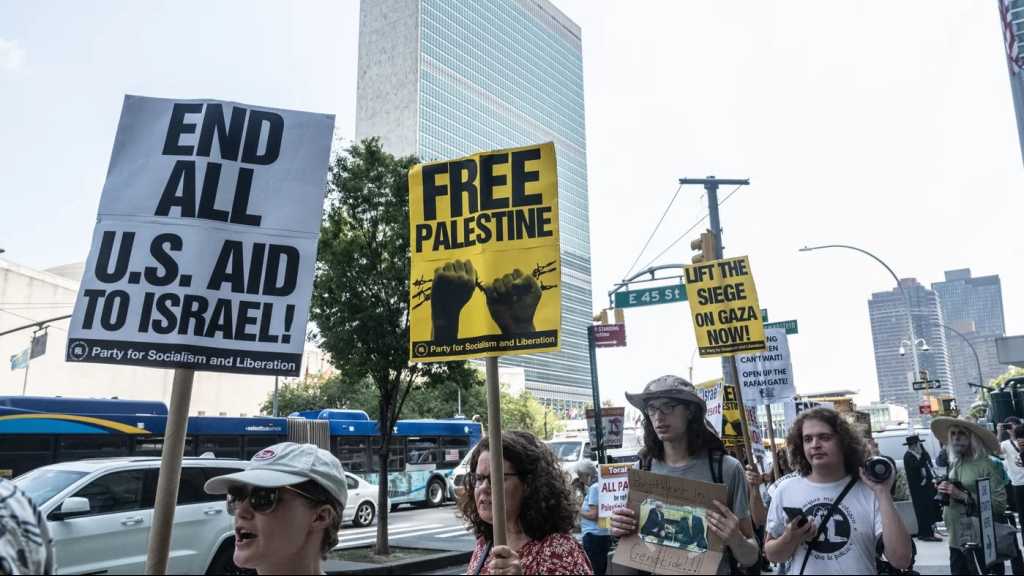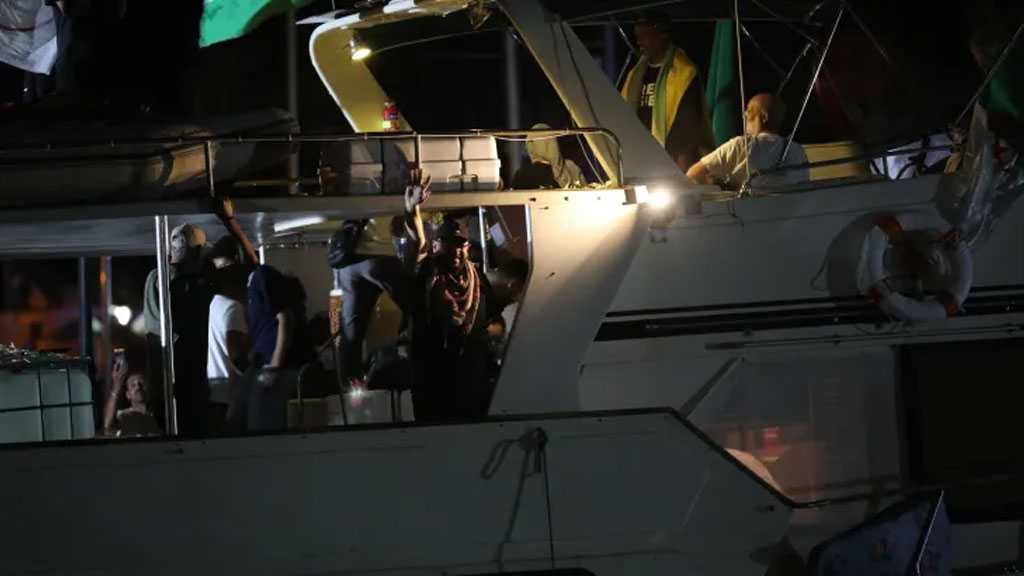BBC Skews Nuke Narrative, Downplays “Israel’s” Arsenal While Echoing US Rhetoric on Iran
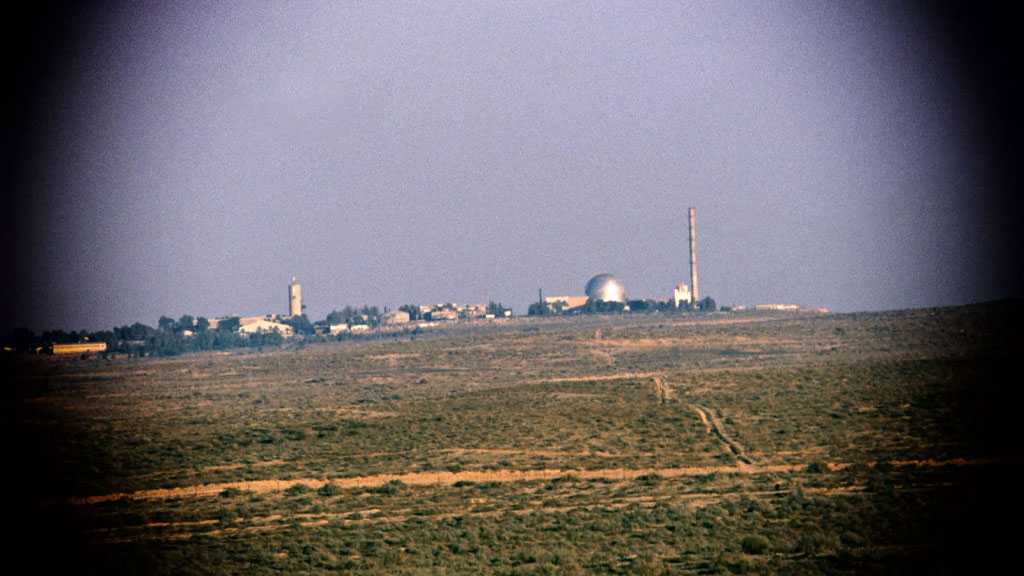
By Staff, Agencies
The BBC is failing to provide balanced or accurate coverage of “Israel’s” nuclear weapons program, according to new analysis by Declassified UK.
While the British broadcaster devoted extensive attention to “Israeli” and US airstrikes on Iran—on June 13 and June 22 respectively—it consistently overlooked or marginalized the fact that both aggressors are nuclear-armed, while Iran is not.
The attacks, widely seen as violations of international law, were justified by the US and “Israel” as necessary to prevent Iran from developing nuclear weapons. However, the glaring irony of two nuclear states bombing a non-nuclear country for allegedly aspiring to join their nuclear club appears to be lost on the BBC. The broadcaster has made little effort to inform the public that “Israel” is itself a long-standing, undeclared nuclear power.
An analysis of the BBC’s online coverage between June 13 and June 26 found 103 full articles tagged with either Iran or “Israel”, plus 821 shorter live-reporting segments. Out of the 103 articles, only six even mention “Israel’s” possible nuclear arsenal. Five of those six do so with a perfunctory sentence, typically placed at the end of the article: “'Israel' is widely believed to have nuclear weapons, although it neither confirms nor denies this.”
Only one article from June 18 offers a slightly deeper mention of “Israeli” nuclear capabilities. That piece—a "Your questions answered" explainer—includes a 96-word section buried at the end of the article that notes: “There are estimates that it has about 90 nuclear warheads. But the real answer is we do not know.” The BBC repeats “Israel’s” official stance of “ambiguity,” and emphasizes the lack of an open declaration, downplaying the global implications.
While BBC reports regularly amplify “Israeli” allegations against Iran’s peaceful nuclear program, they largely ignore independent assessments of “Israel’s” own nuclear arsenal. The respected Stockholm International Peace Research Institute [SIPRI] estimates that “Israel” possesses at least 90 nuclear warheads, with other estimates placing the number as high as 300. Its air force, navy, and missile forces are all believed to be nuclear-capable.
Further reports suggest that “Israeli” submarines have been retrofitted to carry nuclear-armed missiles. As early as 2012, Germany’s Der Spiegel reported confirmation from both German and “Israeli” experts that nuclear-tipped missiles had been deployed on those vessels. According to SIPRI, "Israel" is also believed to be upgrading its Dimona plutonium reactor, a key component of its nuclear weapons program.
Despite the strategic significance of this information—especially given the supposed justification for bombing Iran—the BBC has omitted mention of “Israel’s” nuclear modernization, while frequently quoting “Israeli” claims that Iran is “weaponizing” its enriched uranium.
In its 821 live updates, the BBC mentioned “Israeli” nuclear weapons only three times. Two of these instances offered more context than most full-length articles. One piece described “Israel’s” nuclear arsenal as an “open secret” dating back to the 1960s and acknowledged that it is not a signatory to the Treaty on the Non-Proliferation of Nuclear Weapons [NPT]. Another noted that “Israel” avoids international inspections by pursuing a policy of deliberate ambiguity, which Iran and many Arab states have long criticized as a source of regional instability.
Yet while "Israel’s" undeclared nuclear arsenal goes unchallenged in BBC coverage, Iran is portrayed as the looming threat. The BBC has produced detailed graphics, maps, and analyses of Iran’s nuclear infrastructure with headlines like “What is a centrifuge production site?” and “The range of Iran’s ballistic missiles.” But the same rigor is not applied to “Israeli” capabilities. For instance, while "Israel’s" cruise missiles can reach up to 1,500 miles and carry 200-kilogram warheads—enough to hit any target in Iran—this receives no attention in BBC military assessments.
An “in-depth” BBC report on June 26 discussed the survival of “Iran’s ballistic missile silos” following "Israeli" attacks but made no mention of “Israel’s” own missile or nuclear arsenal, nor did it reflect any Iranian concerns or regional fears about “Israel’s” military dominance.
Senior BBC journalists such as security correspondent Frank Gardner, defense correspondent Jonathan Beale, and Middle East bureau chief Jo Floto have all written extensively on Iran’s nuclear program without once referencing “Israel’s” nuclear weapons. One article by Beale even promised an analysis of the “military balance” in the Middle East but omitted any mention of "Israeli" nukes—an omission that undermines the credibility of the analysis.
Frank Gardner’s article included a subheading titled “Talk of a nuclear arms race” and referenced multiple countries, yet curiously left out "Israel" altogether—despite it being the only nuclear power in the region.
According to Tom Mills, a media scholar at Aston University and author of a book on the BBC, the broadcaster consistently fails to uphold impartial reporting standards, particularly in matters of foreign policy. “It’s not just that basic journalistic principles don’t seem to apply when it comes to the actions of the British state and its allies,” Mills said. “There’s a consistent failure to put events in their proper context… the public are still left completely misinformed.”
When questioned, the BBC defended its coverage, stating: “The point of contention during this conflict has been Iran’s nuclear capability, which we have examined in significant detail. Throughout our reporting we have referred to Israel’s long-discussed nuclear capabilities to give audiences context and understanding of the broader situation.”
However, the analysis by Declassified demonstrates that those references are minimal, inconsistent, and buried—leaving the BBC audience largely unaware of the double standards underpinning the conflict. By amplifying US and “Israeli” claims while downplaying or ignoring their own nuclear arsenals, the BBC appears complicit in a narrative that demonizes Iran while whitewashing the actual nuclear threat in the region.
Comments
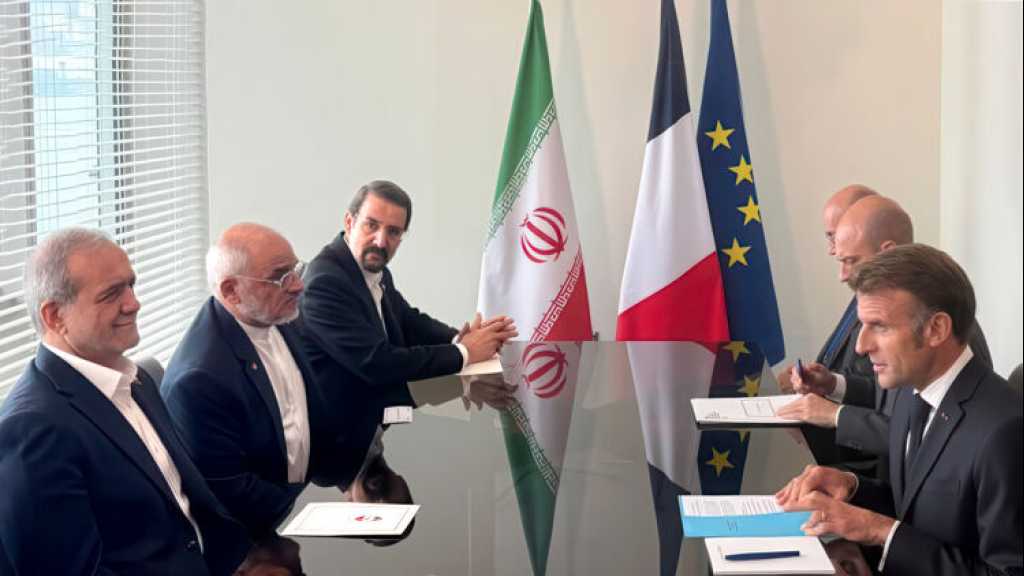
Pezeshkian Reaffirms Iran’s Peaceful Nuclear Goals
one month ago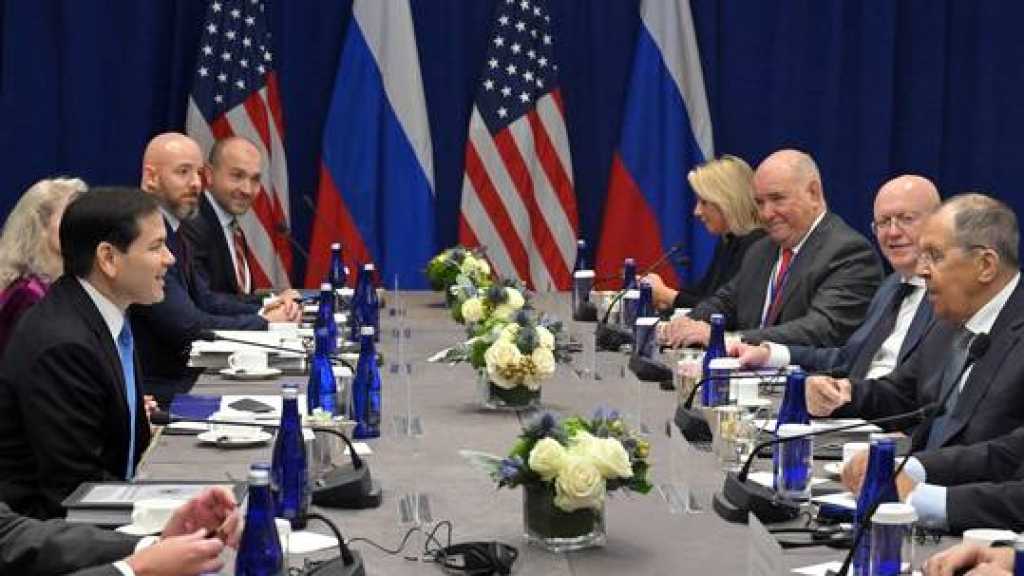
Lavrov, Rubio Meet on UNGA Sidelines
one month ago